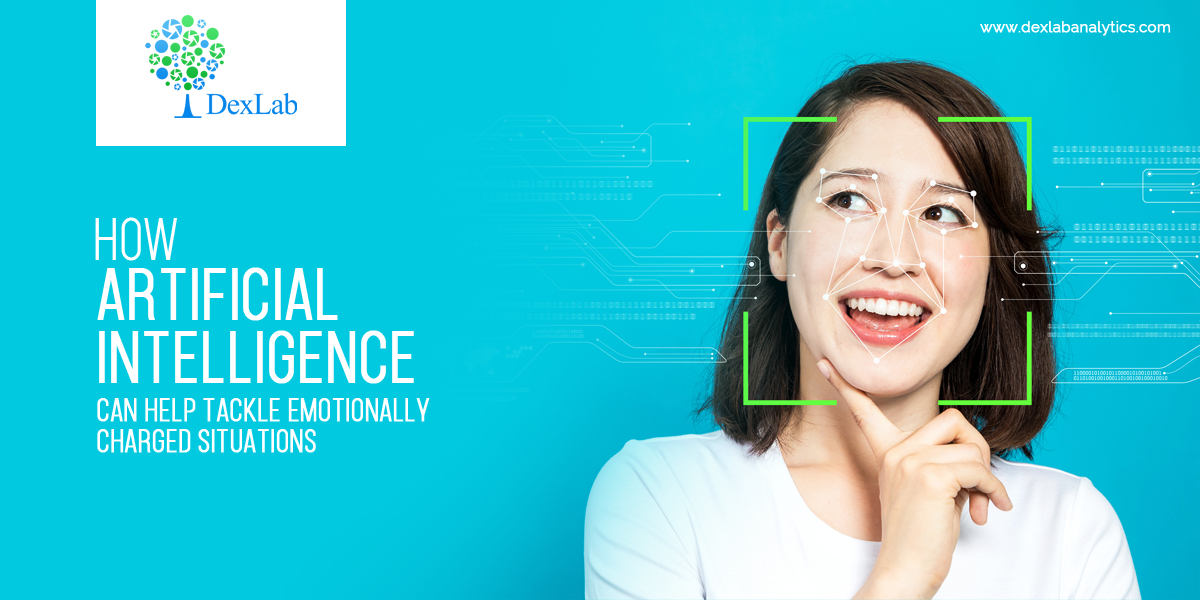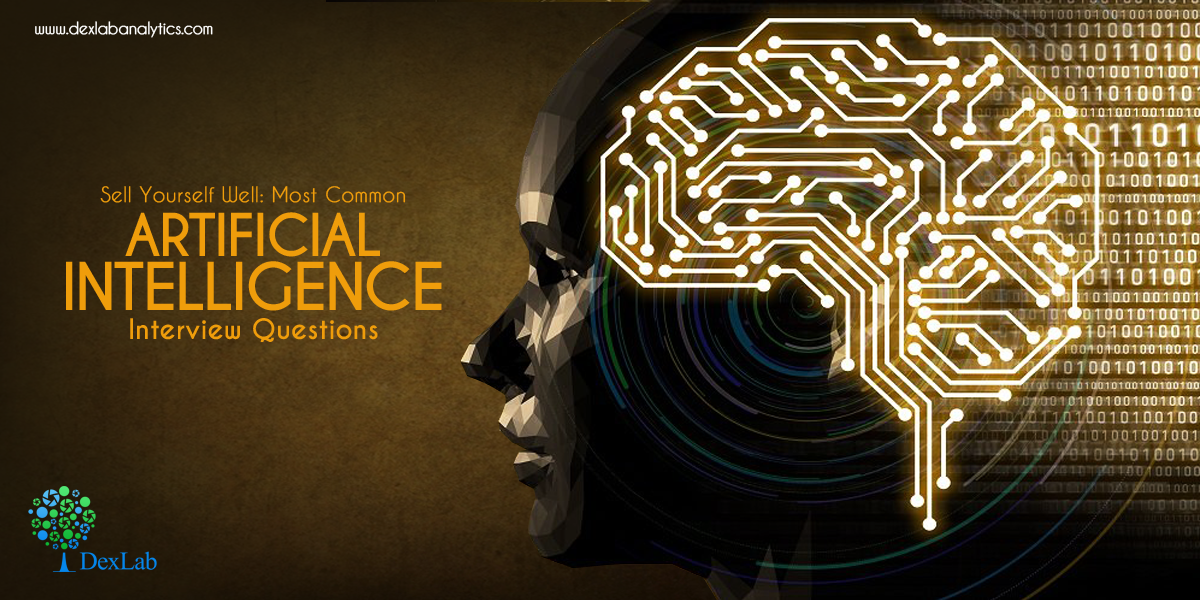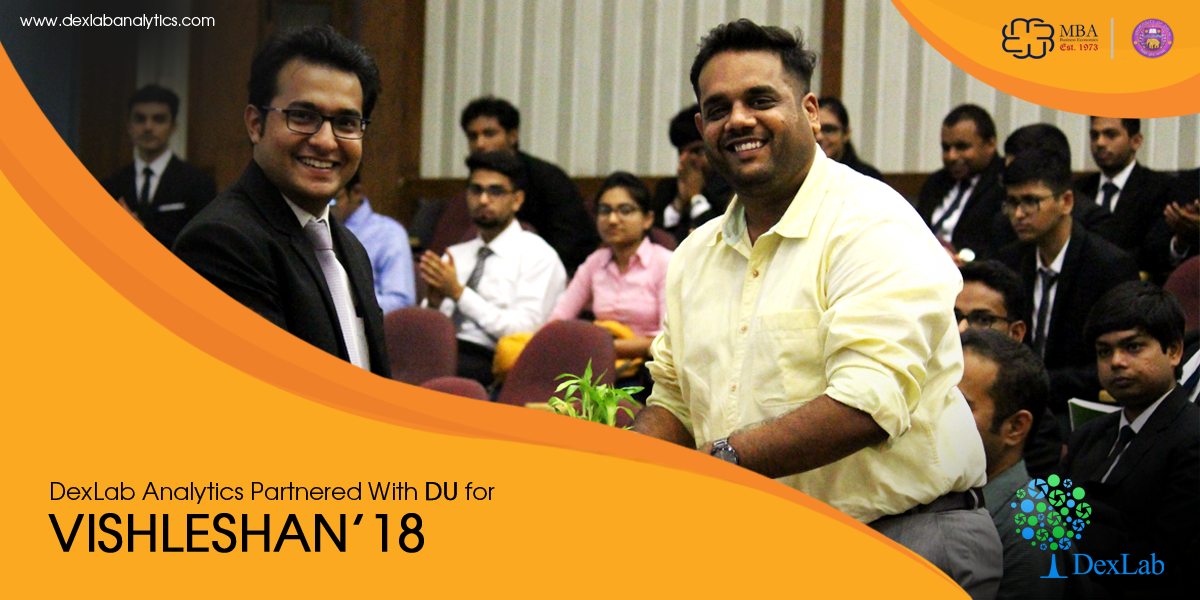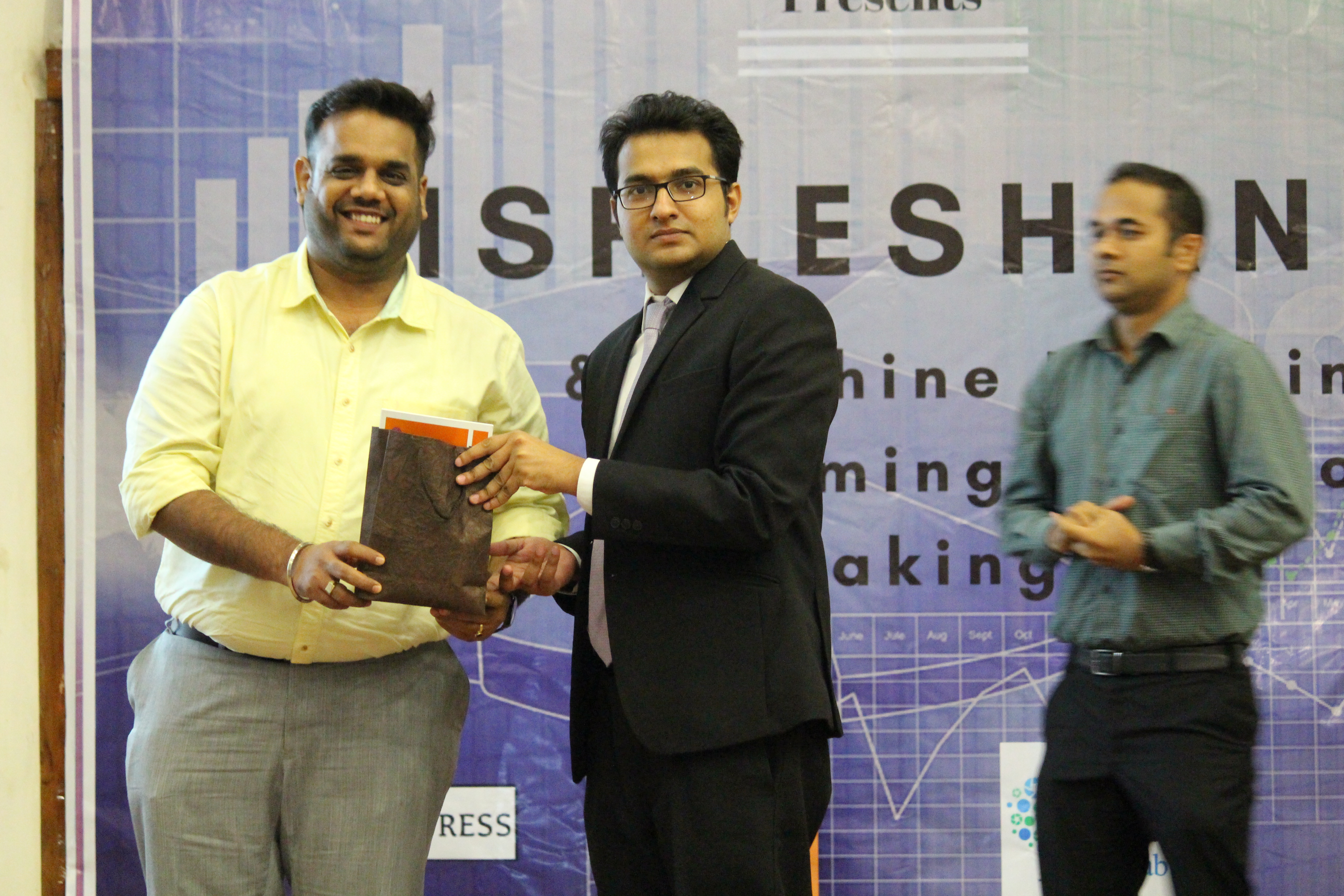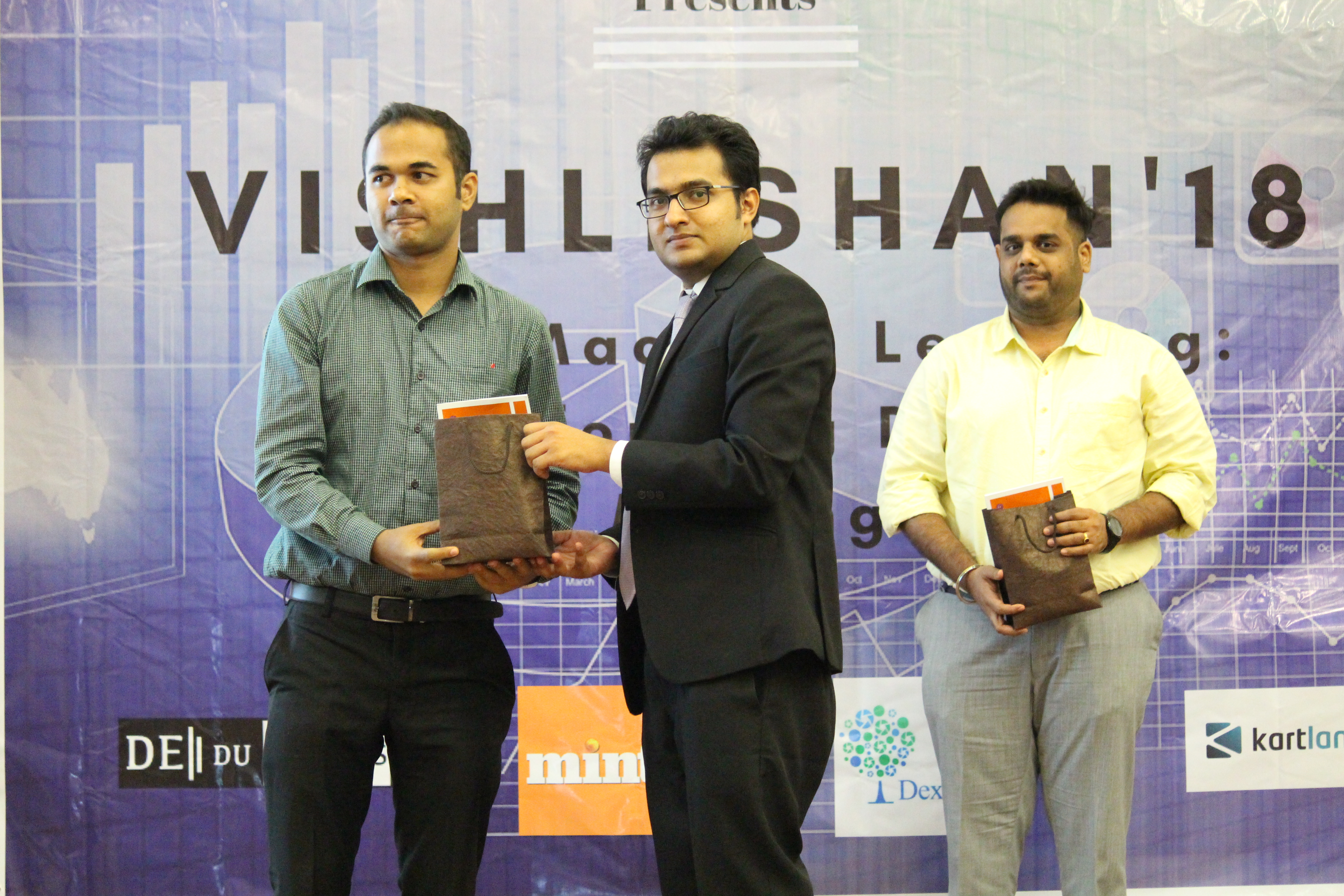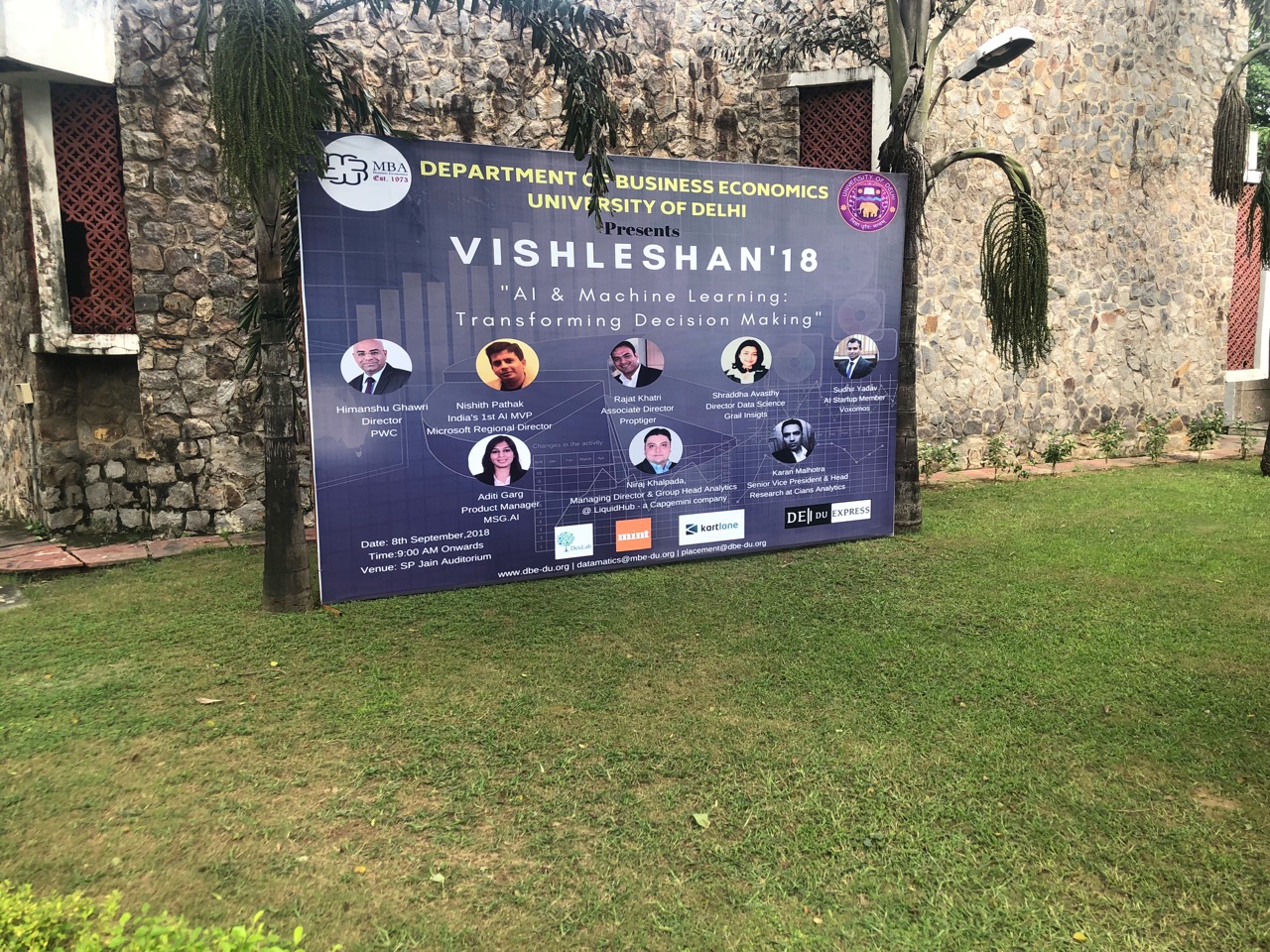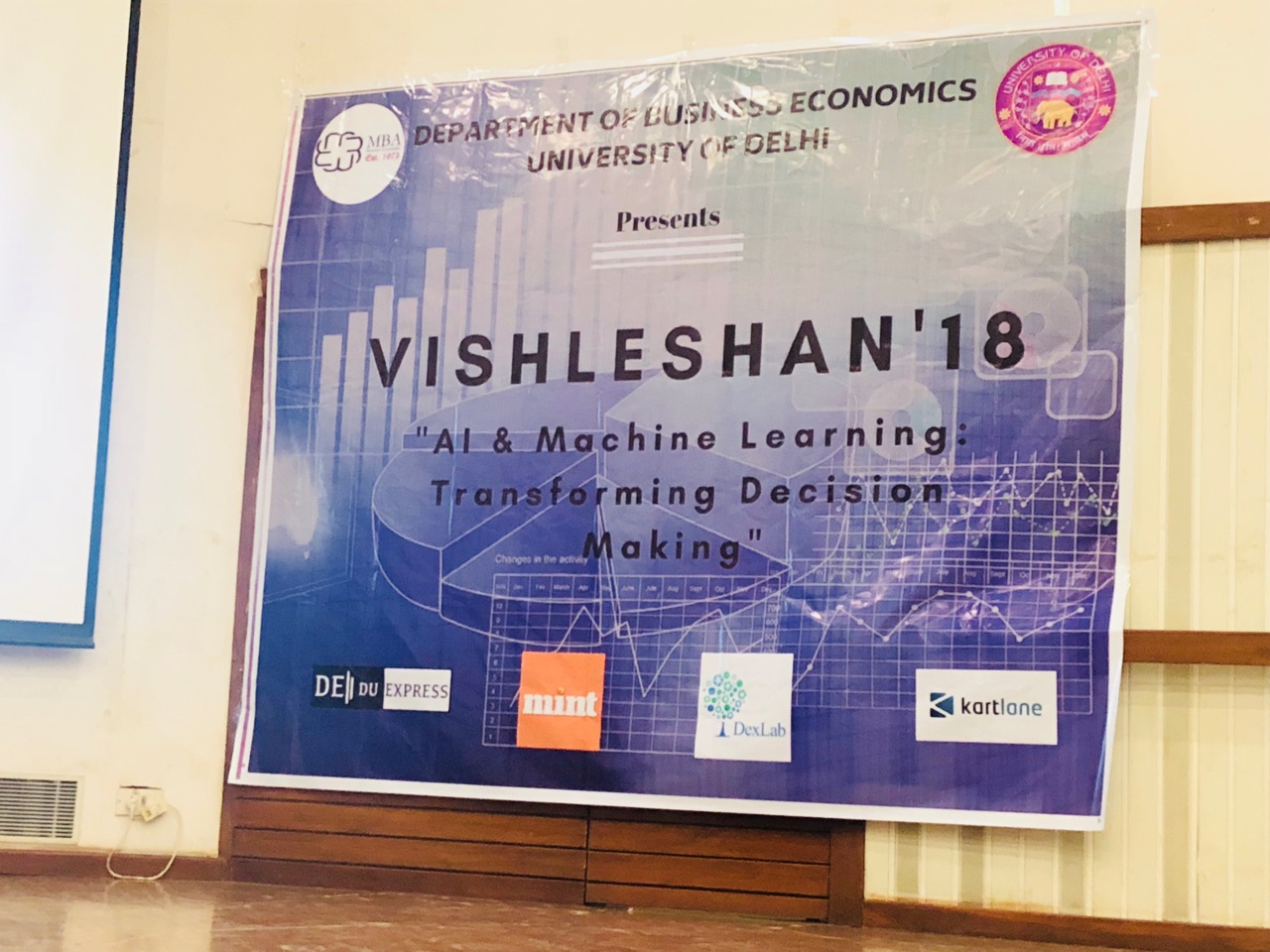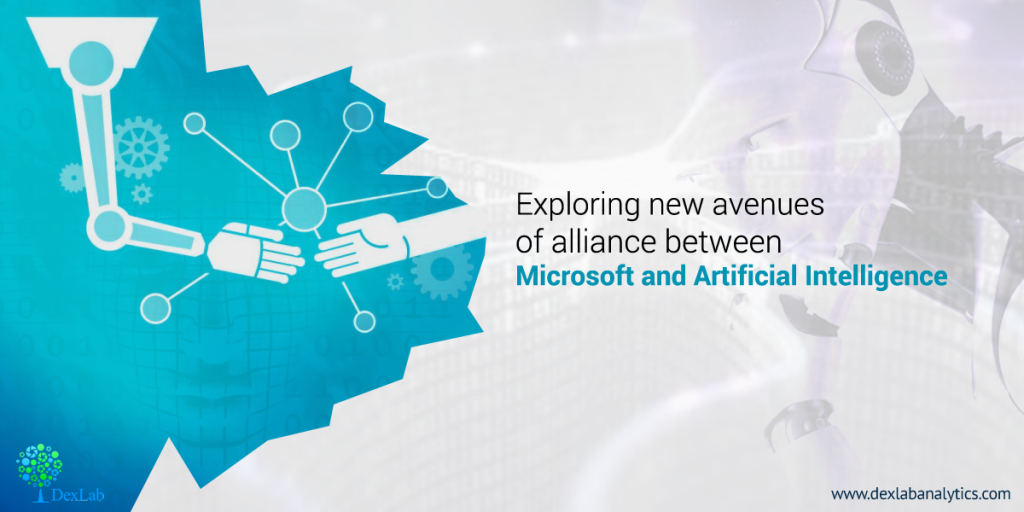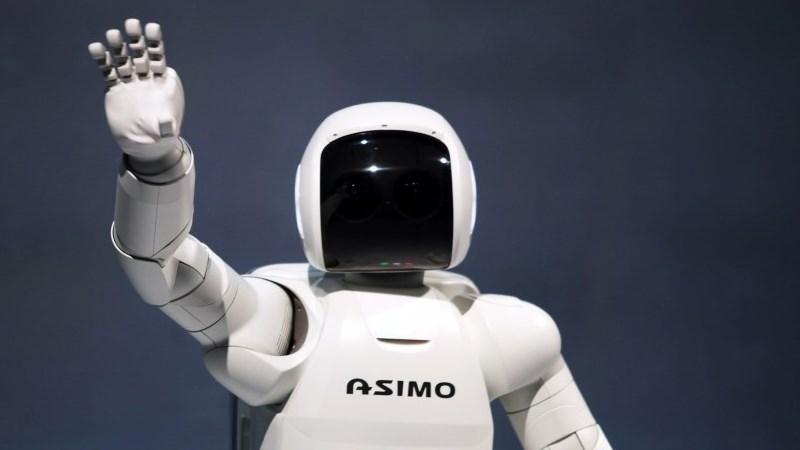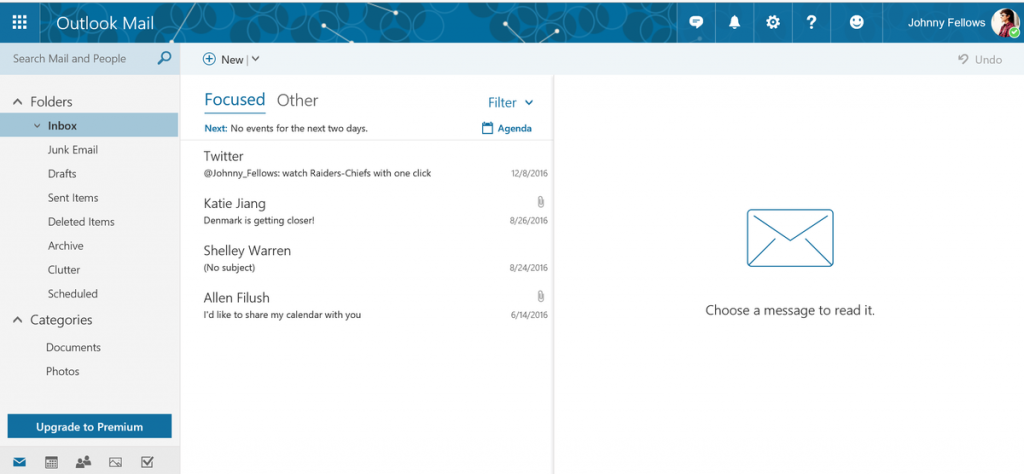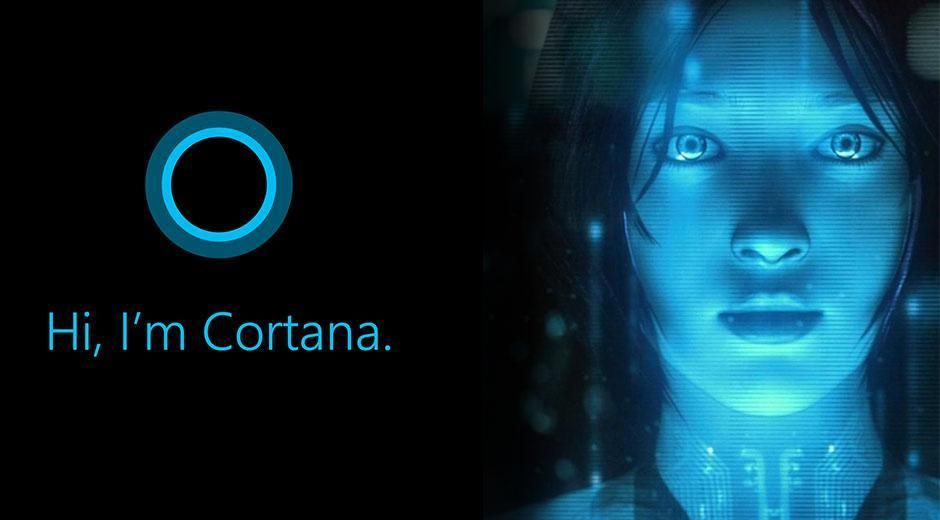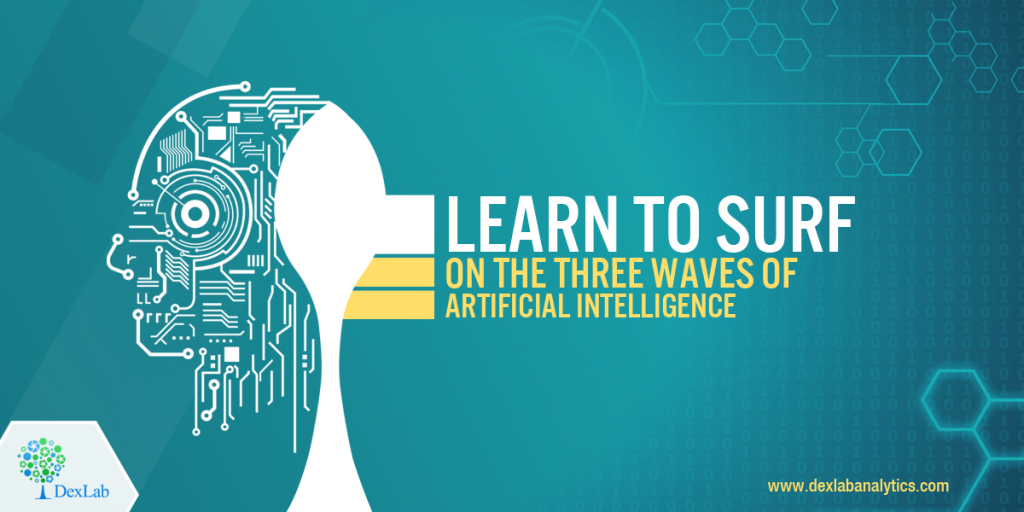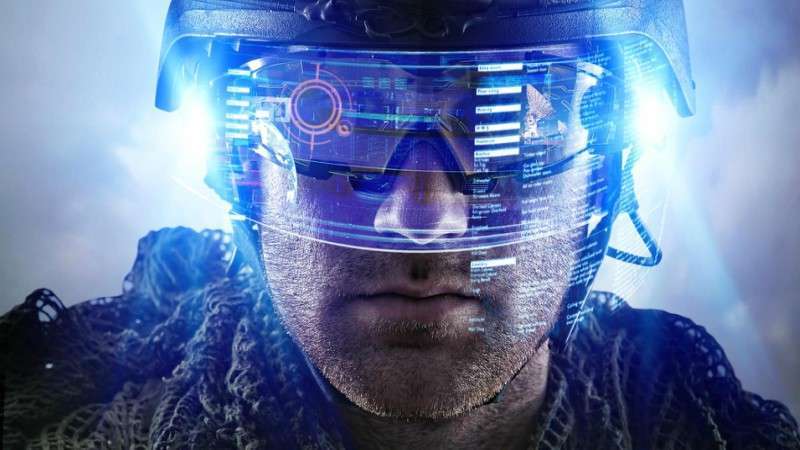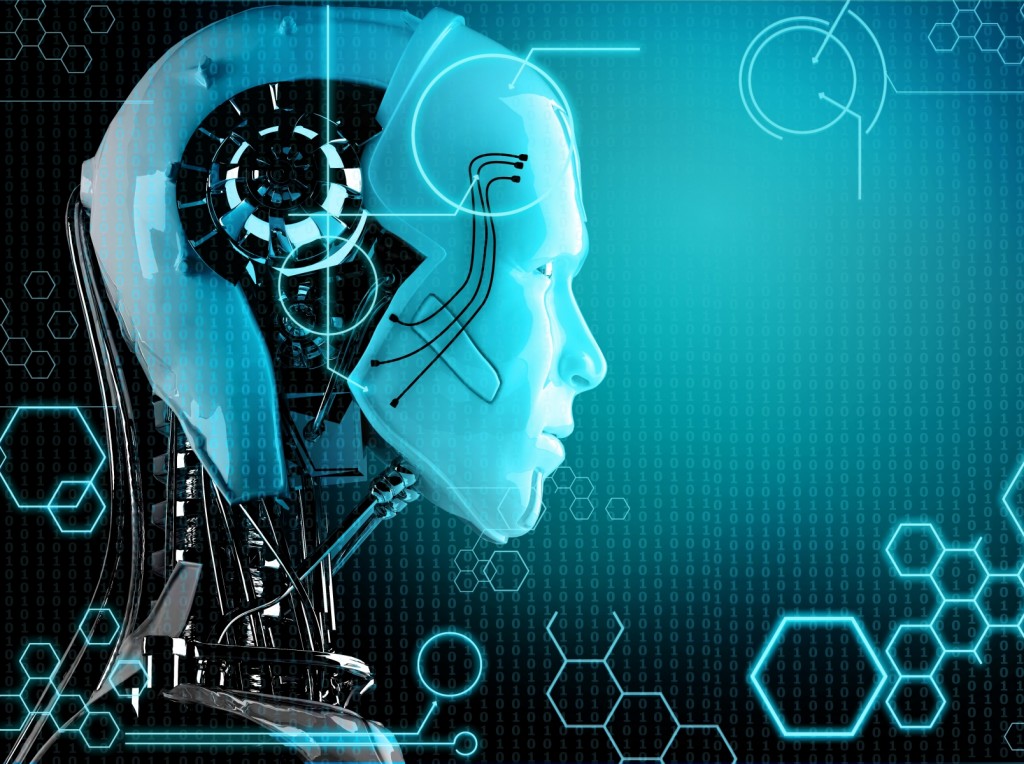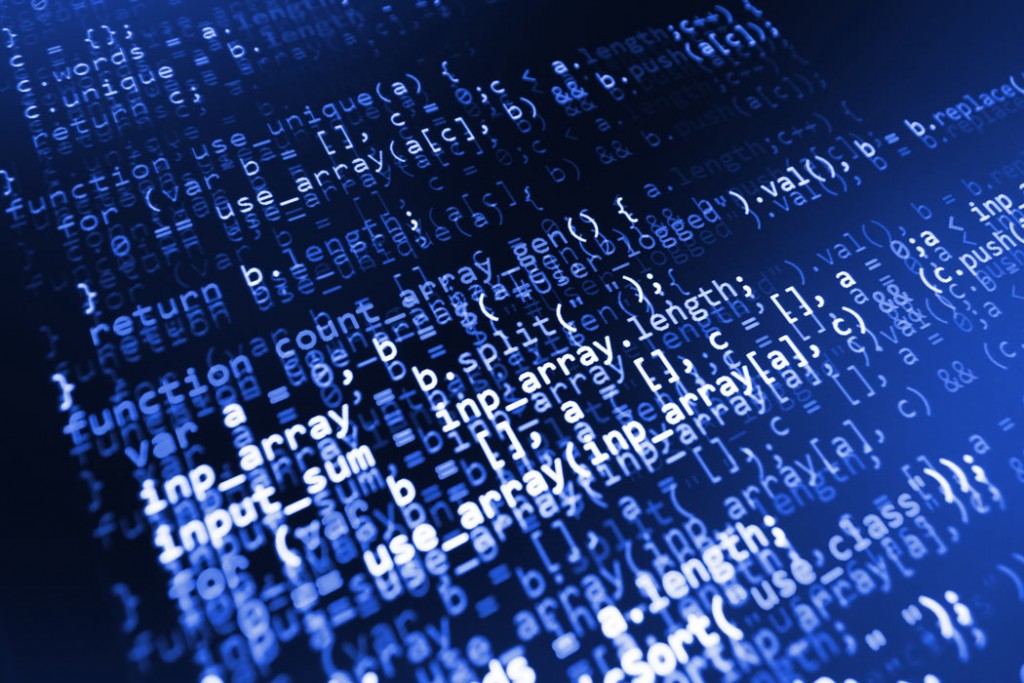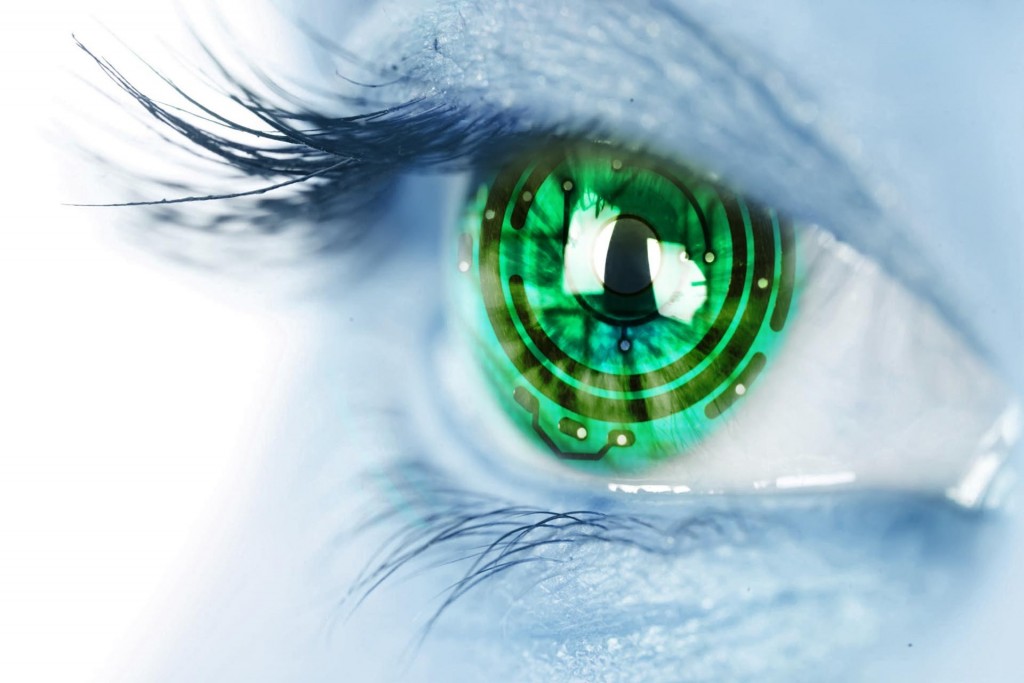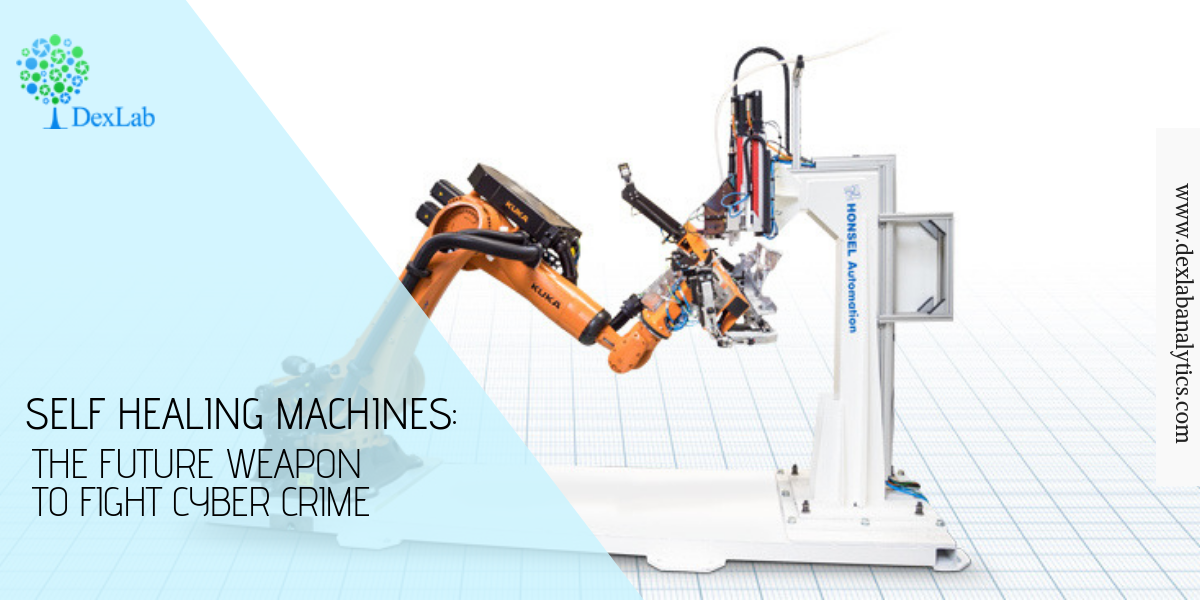
Science and technology is the lifeblood of digital success. Connected devices, innovation trends and swift urbanization are transforming the economies for good. But, as it’s said, you have to bite the bitter with the sweet – digital dependency on shared infrastructure comes with its own cons.
“The more machines, the more critical our cyber-security problem becomes. Increased attacker sophistication means devices are now attacked at the deepest levels, including firmware and embedded software. In this new threat landscape, we cannot just rely on manual human intervention. We have to change the paradigm,” shares Boris Balacheff, Chief Technologist for Security Research and Innovation at HP.
Self Healing Machine is the Answer
For that, conventional security devices won’t be enough – self-healing machines are the answer. They not only detect advanced cyber attacks but also shut off the system completely and restore it later without human intervention. Their response is quick.
As cyber criminals are on the rise, HP strives to reinvent device security to a great extent. For twenty years and more, HP Labs have been working on computer security. Its latest innovation drive is focused on bringing down cyber-resilience at hardware level. Just like the perpetrators employ newer tech capabilities, inventors of today’s security devices should also look up to artificial intelligence – in that respect, self-healing machines should never be only reactive but also proactive. The design and architecture of the machines should be as if they can immediately respond to attacks as well as fix their flaws then and there before someone else does.
Security Is In Focus
The prognosis of the World Economic Forum’s Global Centre for Cybersecurity and the UC Berkeley Center for Long Term Cybersecurity suggests that in the age of innovation and technology modification, security is at the fulcrum of future digital success. It needs combined effort and trust from law enforcement, public and private sector and the entire civil society. In order to build a secure and better cyberspace, we need to strike private-public partnership and work together.
To say the least, government and private players are coming together to meet several challenges transpiring from the intersection of security and innovation. Major breakthroughs in the field of personalized healthcare, 3D digital printing and AI are hitting new highs.
For artificial intelligence certification courses, drop by DexLab Analytics.
Fortunately, forecasts say self-healing machines can prove useful across a wide range of operations. For example, they can reduce the load of supporting previous products that still relies on security updates. They can quickly predict malfunctions, even before the device starts showing anomalies. In fact, some of the IoT devices are already attached to vibration and ultrasonic sensors to make monitoring easy.
Conclusion
But, of course, self-healing machines can never be left alone to guard themselves – most of the companies will seek a human in the loop. Humans form an integral role in operating self-healing machines. “We need to continue to reinvent the security of the machines that we will depend upon for years to come,” shares Balacheff. “It’s our only way to win.”
DexLab Analytics offers state of the art artificial intelligence certification in Delhi NCR – the course infrastructure is well fed, student-friendly and follows a practical approach.
The blog has been sourced from ― www.wired.com/brandlab/2018/10/fighting-cybercrime-self-healing-machines
Interested in a career in Data Analyst?
To learn more about Data Analyst with Advanced excel course – Enrol Now.
To learn more about Data Analyst with R Course – Enrol Now.
To learn more about Big Data Course – Enrol Now.To learn more about Machine Learning Using Python and Spark – Enrol Now.
To learn more about Data Analyst with SAS Course – Enrol Now.
To learn more about Data Analyst with Apache Spark Course – Enrol Now.
To learn more about Data Analyst with Market Risk Analytics and Modelling Course – Enrol Now.

